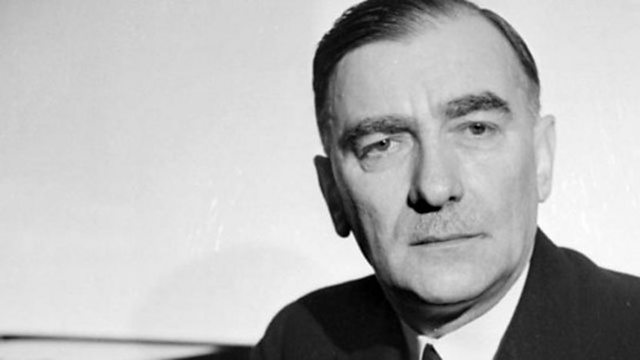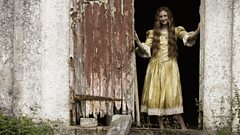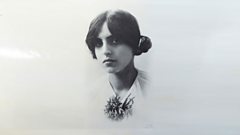Karol Szymanowski
Donald Macleod explores the extraordinary and exotic world of Karol Szymanowski.
As a young man, Karol Szymanowski looked set for a rosy future. In his early twenties, he fell in with a group of well-connected fellow Poles with a generous musical patron, who enabled them to publish their music and put on public concerts of their own works. Donald Macleod introduces some of Szymanowski's earliest works, from a period when he looked towards Germany for musical inspiration.
A dramatic change occurred in Szymanowski's music early in his career when he fell under the spell of the classical cultures of the exotic East. Donald Macleod introduces works inspired by the myths and poetry of ancient Greece and classical Persia.
Donald Macleod goes on to introduce works inspired by two important people in Szymanowski's life - the virtuoso violinist with whom he collaborated on his violin concerto, and his cousin, the writer Jarosaw Iwaszkiewicz, whose poems he set in a collection of songs concerning the love of an infatuated muezzin.
In post-war Poland, Szymanowski tried to create a new life for himself. Donald Macleod introduces a vocal work which came out of his association with a newly formed literary group in Warsaw, a choral piece brought about by personal tragedy and, thanks to an upturn in his fortunes, his long-cherished opera project King Roger.
In the final years of his life, Szymanowski settled in his beloved Zakopane in the Tatra Mountains. Donald Macleod introduces a ballet inspired by the native folk music of the region, and the piano concerto he dedicated to his friend, pianist Artur Rubinstein, who features in this performance, recorded in 1952.
Duration:
Credits
| Role | Contributor |
|---|---|
| Composer | Karol Szymanowski |
This clip is from
More clips from Composer of the Week
-
![]()
Wrth fynd efo Deio i Dywyn (trad.) arr. Jayne Davies
Duration: 01:46
-
![]()
Lisa lΓΆn (traditional) , arr. Jayne Davies
Duration: 03:12
-
![]()
Morfydd Owen's Llwyn Owen, arr. Edward-Rhys Harry
Duration: 05:17
-
![]()
Blacklisted!—Sofia Gubaidulina (b 1931), An Incorrect Path
Duration: 01:21






